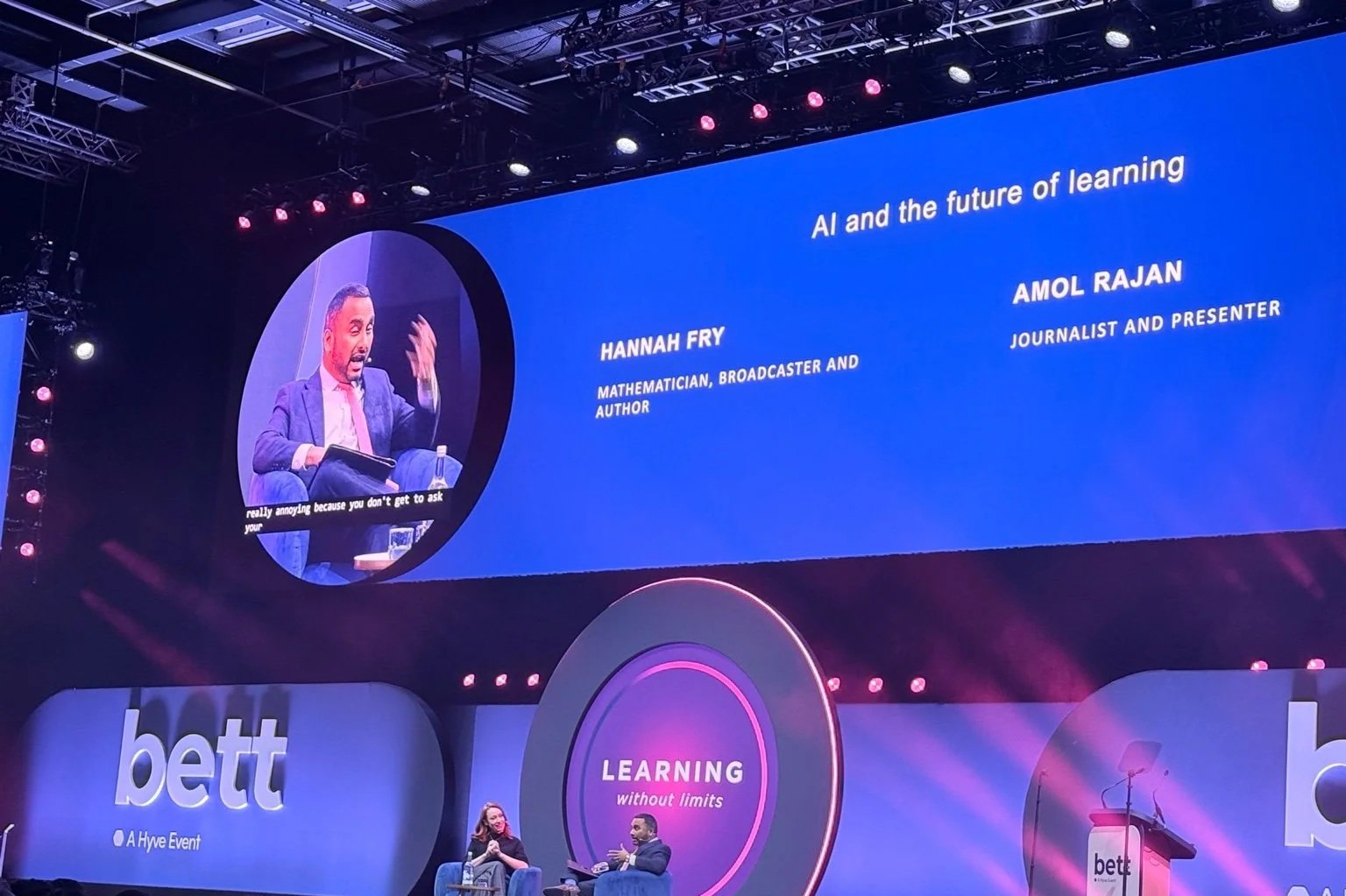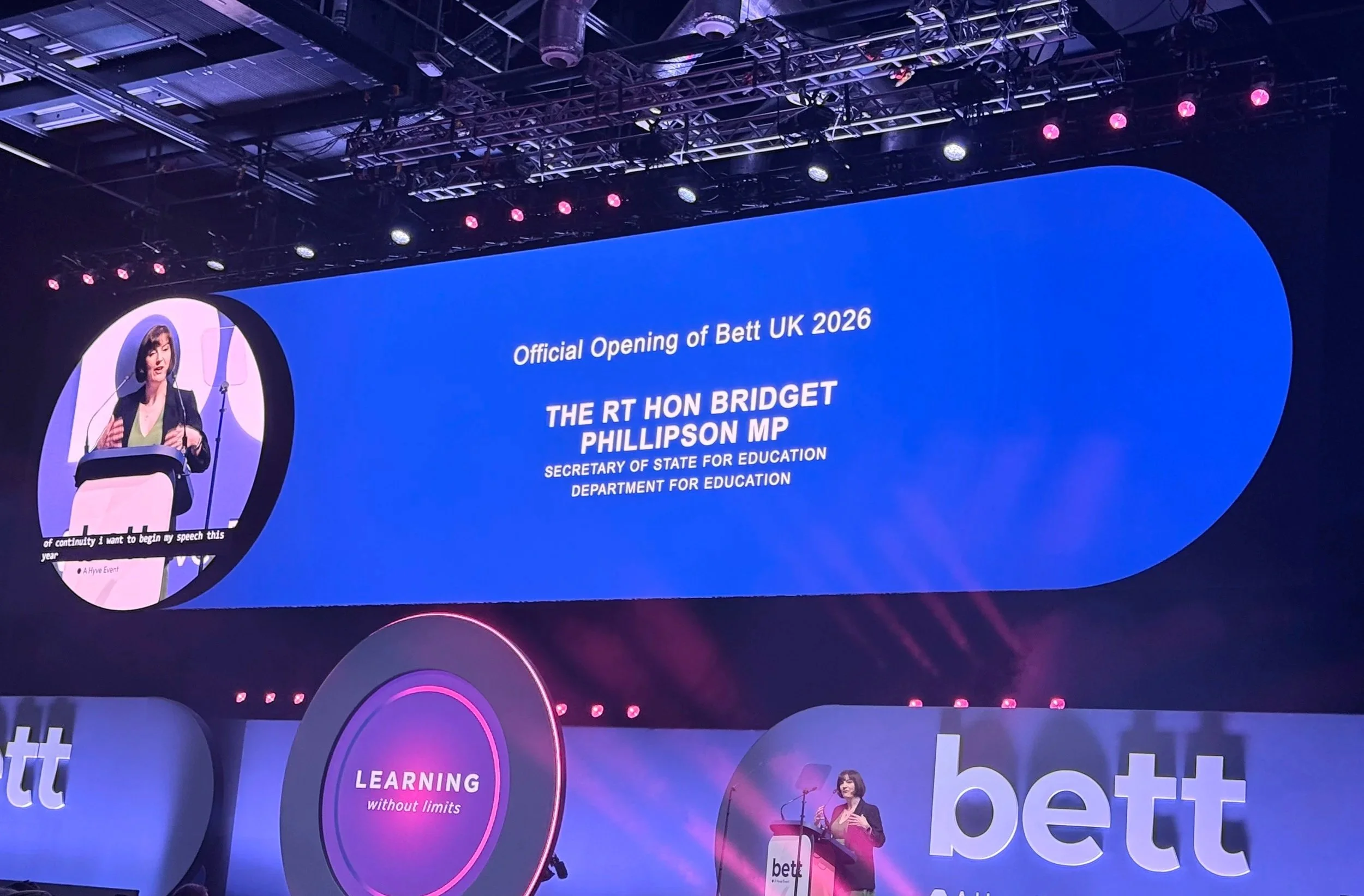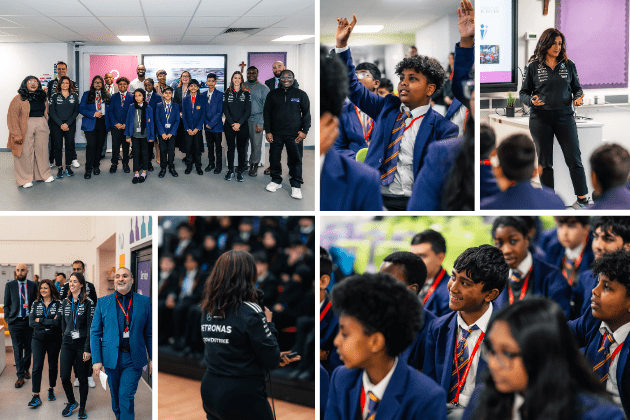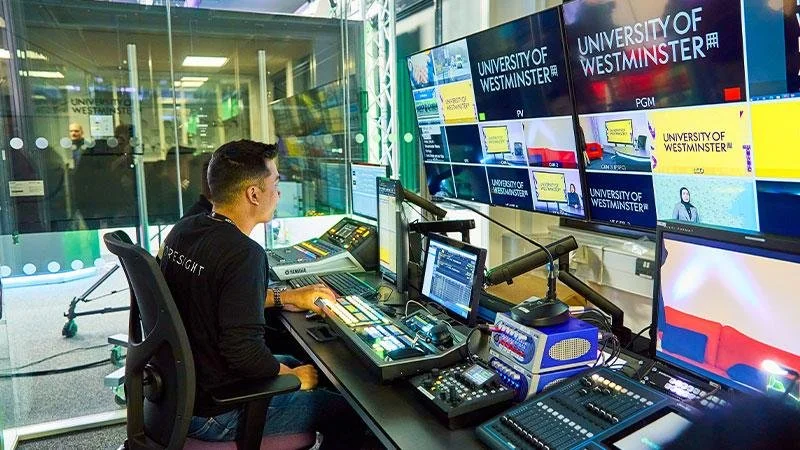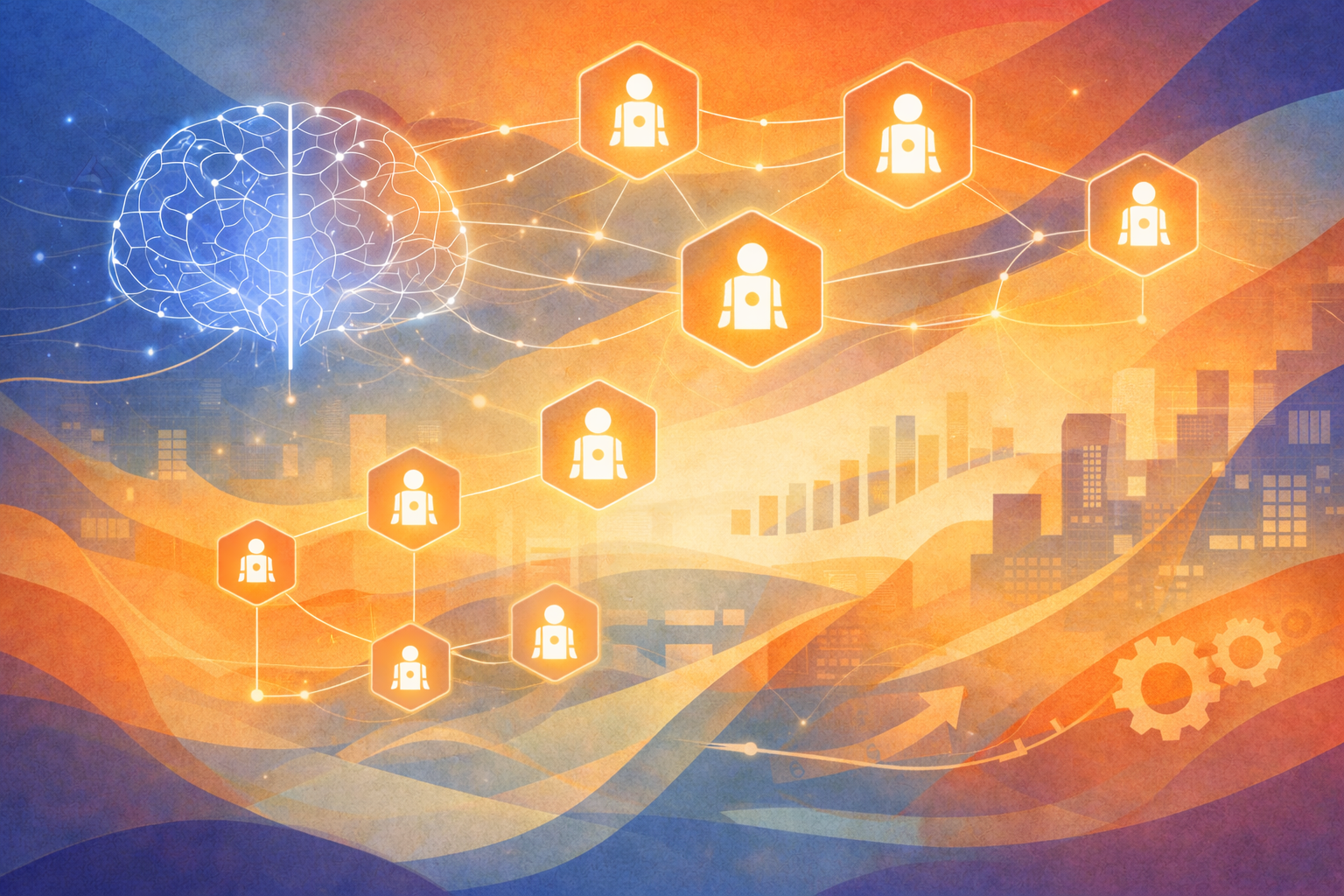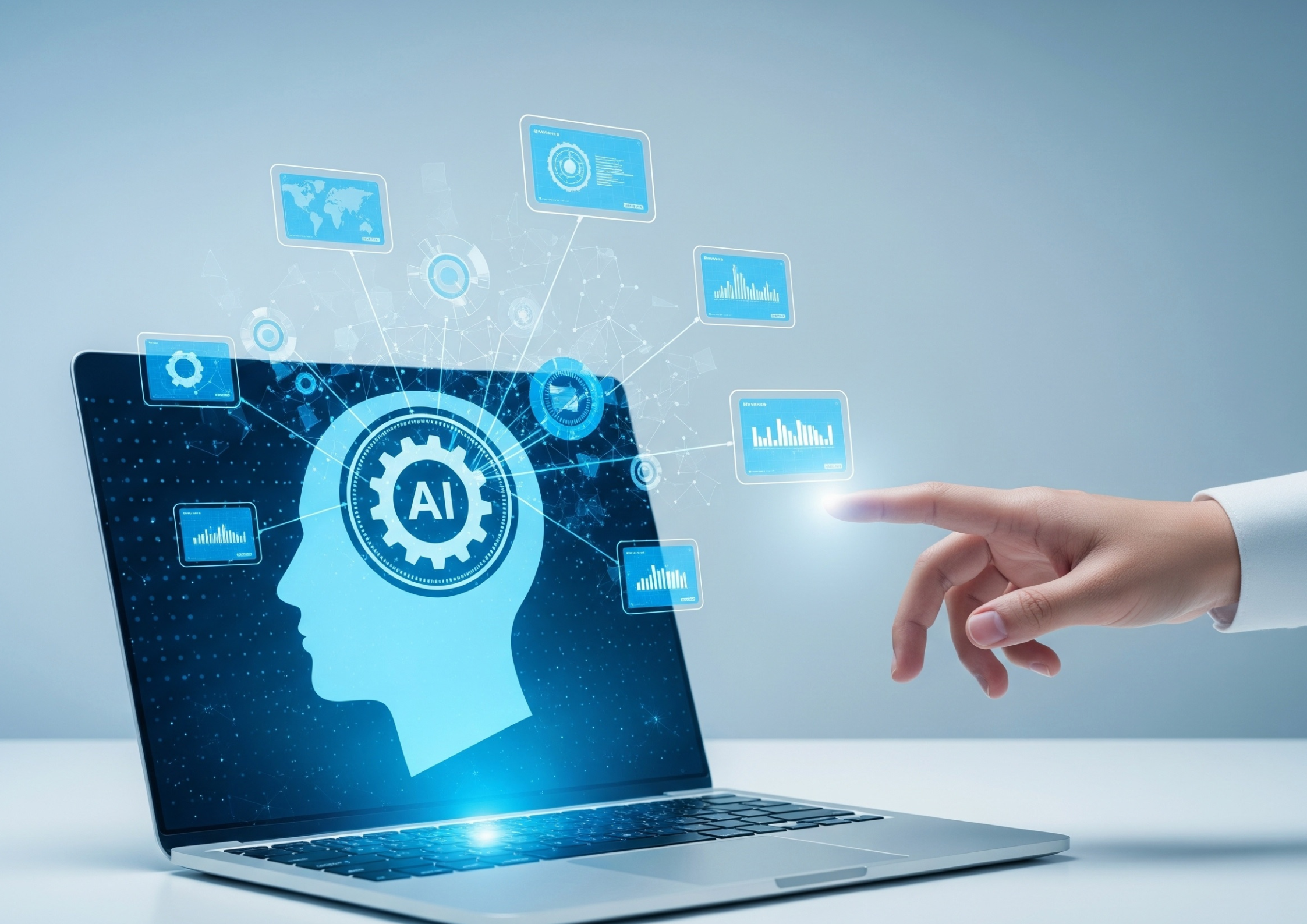Top ten EdTech stories of the week: AI risks, Amazon’s research hub, and OpenAI returns with Slack rollout
From deepfake risks and F1-backed STEM education to OpenAI’s continued expansion, this week’s top ten offers a snapshot of how AI, workforce training, and infrastructure investments are reshaping the education landscape.
The headlines this week show AI’s double-edged presence in education, as a source of innovation, risk, and institutional response. OpenAI makes another appearance with a deeper Slack integration, while NVIDIA and Amazon back workforce and research programs. Campus acquires Sizzle AI, Berkeley taps DARPA for space research, and MyTutor’s co-founder reveals what’s next post-acquisition.
10. MyTutor co-founder outlines post-acquisition focus on AI, health tech, and new ventures
In at number ten, James Grant has shared details of his work since stepping back from MyTutor, which was acquired by IXL Learning earlier this year. His focus now includes advisory roles on AI automation, health innovation, and business growth, including a new concept for managing personal health data.
9. Safe AI for Children Alliance warns schools and parents of Sora 2 risks
Taking the ninth spot, SAIFCA has issued new guidance for educators and families following the release of Sora 2, OpenAI’s text-to-video tool. The briefing outlines risks such as deepfakes, consent violations, and synthetic abuse. It calls on schools to update safeguarding policies, train staff, and support student wellbeing in the face of realistic AI-generated media.
8. Campus acquires AI learning platform Sizzle, led by former Meta AI chief
At number eight, Campus has acquired Sizzle AI, a platform founded by former Meta AI head Jerome Pesenti. With 1.7 million users and a team from MIT, Harvard, and IBM, Sizzle will now power Campus’s adaptive learning infrastructure. Pesenti says the partnership will help align generative tools with deeper human learning.
7. Amazon and CMU launch AI Innovation Hub for research and workforce development
In at number seven, Amazon has teamed up with Carnegie Mellon University to create a new AI Innovation Hub focused on generative AI, robotics, and cloud computing. The initiative will fund PhD fellowships, community projects, and technical symposia. Amazon says the partnership aims to turn breakthrough research into scalable solutions.
6. Aston Martin and Maaden launch F1-inspired global STEM program
Taking the sixth spot, Aston Martin Aramco and Maaden have partnered on a global STEM education program set to reach 100,000 students and teachers by 2028. The initiative combines online modules, teacher training, and CO₂ car racing challenges, linking classroom learning with motorsport and industrial careers.
5. OpenAI expands Slack integration with new sidebar and ChatGPT connector
At number five, OpenAI has released new functionality for Slack users, allowing subscribers to interact with ChatGPT via a dedicated sidebar and query workspace channels with a new connector. Available to Business, Enterprise, and Education plans, the tool enables search, summarization, and content drafting across messages and threads.
4. Mastercard’s Anouska Ladds on how payment innovation is improving education access
Taking the fourth spot, Mastercard’s EVP Anouska Ladds explains how digital payments are helping students and universities manage tuition, speed up access to services, and improve financial transparency. She says digitization can reduce anxiety, cut fraud risk, and help universities compete globally.
3. NVIDIA and QA partner to launch AI apprenticeships in the UK
Coming in at number three, NVIDIA has partnered with training provider QA to expand AI skills across the UK workforce. The new apprenticeships will include access to NVIDIA’s Deep Learning Institute and Microsoft Copilot integration. The move supports the UK’s AI Skills Action Plan, with a target of training 100,000 developers by 2030.
2. Alaska becomes the 32nd U.S. state to publish K–12 AI education framework
Just missing the top spot, Alaska has published a statewide AI education framework focused on human oversight, digital citizenship, and cultural inclusion. The document sets out seven core principles for ethical AI use in classrooms and includes guidance on literacy, data privacy, and educator training.
1. OpenAI takes the top spot with new Workforce Blueprint to shape AI-era jobs
And in at number one OpenAI returns with the release of its Workforce Blueprint, a strategy for preparing workers and policymakers for the AI-powered economy. The framework includes new tools, such as OpenAI Academy, certifications, a job-matching platform, and community college partnerships linked to its infrastructure sites.





